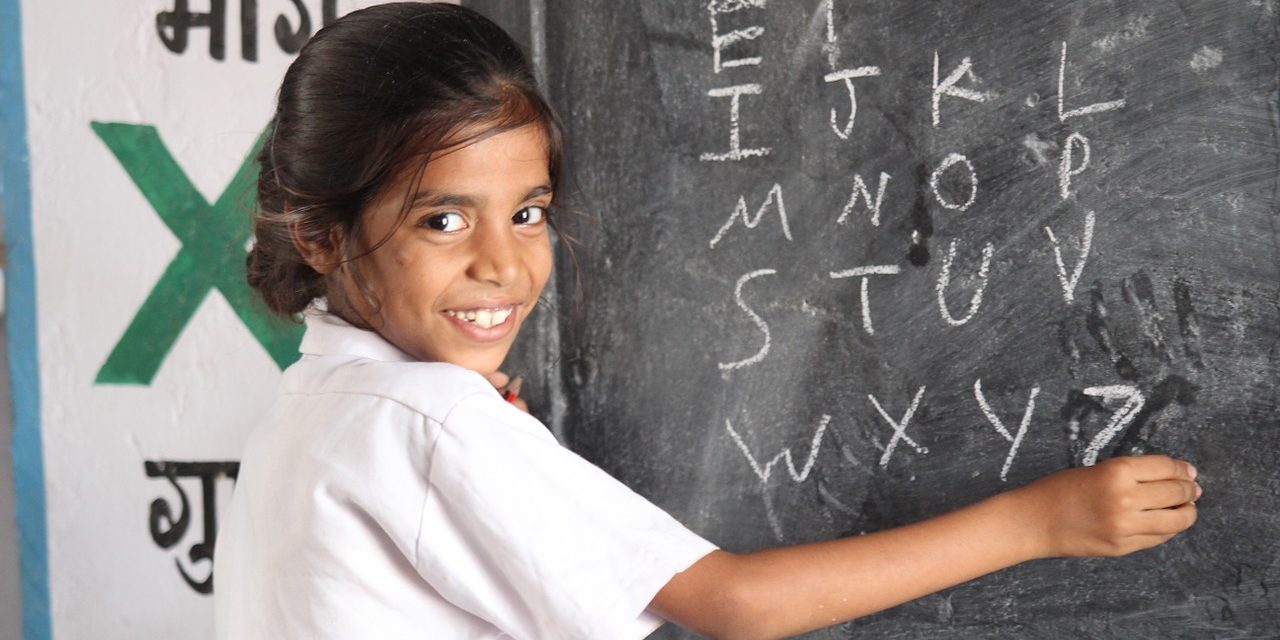Seeking contributors with exciting and effective lesson plan ideas for using creative writing in the English language classroom.
Submission Deadline: October 1, 2016
Scope and Purpose
For decades, creative writing has long been ignored as a pivotal craft for helping ELLs enhance their writing skills. Recently, however, the tide has dramatically turned. There has been a huge and constant wave of interest in using creative writing to evoke more learner interest in the writing process. A number of instructors have used creative writing to improve their ELLs’ writing skills and help them gain confidence along the way. This volume will be the first of its kind.
New Ways in Teaching Creative Writing for the ELL Community will be an eclectic collection of ELL classroom-centered activities contributed by professionals who have developed these ideas in their respective ESL or EFL environments. The editors look forward to receiving lesson plan ideas from English language teachers, graduate students, and directors who have creative and innovative methods that focus on using creative writing as a tool to help enhance our ELLs’ writing skills. Contributors are also encouraged to submit a sample of their student’s work for the volume.
The editors are looking for activities and exercises in the following areas:
- warm up tips/ideas
- on words (e.g., creating words, writing about words)
- on poetry (e.g., haiku, free verse, 6-word novels, 100-word poems)
- on fables (e.g., creating new fables, creating dialog for fables)
- on fiction (e.g., flash fiction, short stories, children’s stories)
- digital writing (e.g., fan fiction)
- on play writing (e.g., short one-act plays, dialog techniques)
- on letters (e.g., creating letters home, writing letters to the future)
- on creative essays (e.g., essays exploring a utopia, a new religion, a unique school)
- on journals (e.g., using journals as short story starters, creative nonfiction)
- on research skills (e.g., paraphrasing through poetry, summarizing fables)
- on presenting students’ work (e.g., poster sessions, poetry reading ideas, play productions)
For more information and for submission guidelines, click here.








